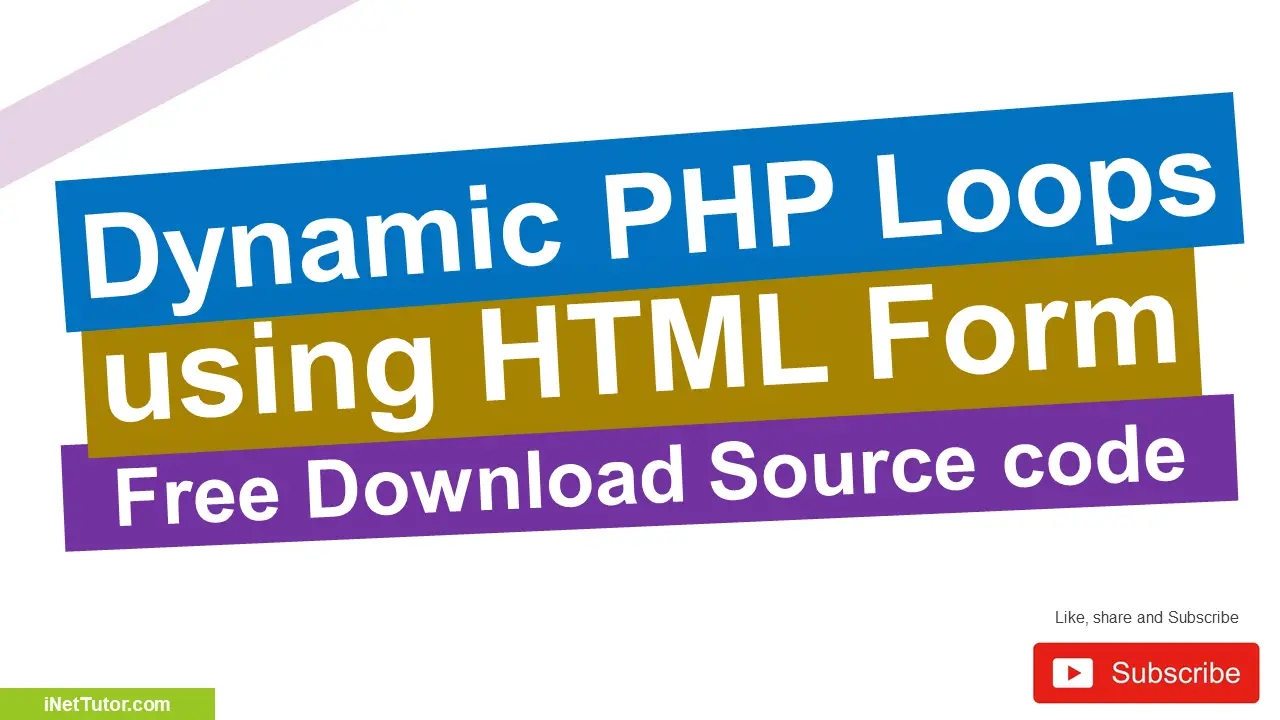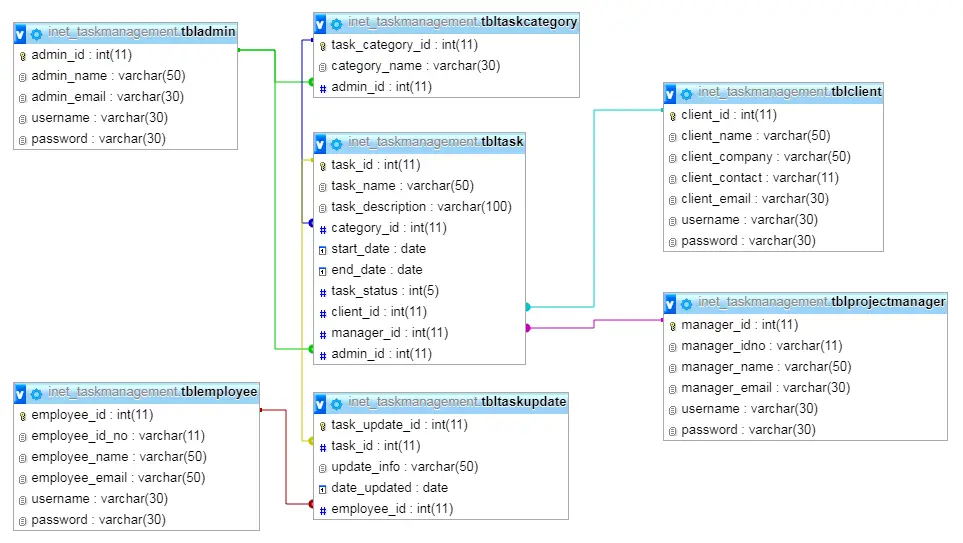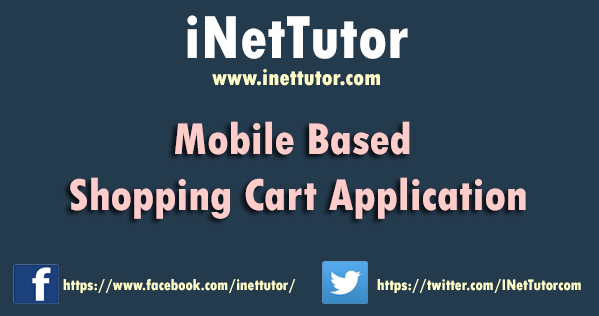Course Outline Object Oriented Programming in PHP
Object-Oriented Programming (OOP) is a powerful paradigm that allows developers to structure their code around the concept of objects, which represent real-world entities and their interactions. PHP, as a versatile and widely-used scripting language, fully supports OOP principles, enabling developers to create more organized, modular, and maintainable code. By embracing OOP in PHP, programmers can benefit from increased code reusability, enhanced scalability, and a clearer, more intuitive way of representing complex systems.
Through this approach, PHP developers can encapsulate data and behavior into objects, promoting a more intuitive understanding of their applications. This introductory guide will delve into the core concepts of OOP in PHP, including classes, objects, inheritance, polymorphism, and encapsulation, equipping you with the fundamental knowledge to build robust and sophisticated applications. Let’s embark on a journey into the realm of PHP OOP and discover how this programming paradigm can revolutionize the way you approach software development.
Course Description
Table of Contents
This course allows the student to learn and apply the basic language syntax and principles of objected oriented programming to solve computational problems adhering to standards and guidelines of documentation.
This course is designed to equip students with a thorough understanding of fundamental language syntax and principles in Object-Oriented Programming (OOP). It provides students with the necessary tools and knowledge to effectively utilize OOP techniques in solving complex computational problems while adhering to industry standards and documentation guidelines. Through practical application and hands-on exercises, students will develop the skills needed to create efficient and well-structured code, fostering a deeper comprehension of OOP concepts and their real-world applications. By the end of the course, students will be proficient in utilizing OOP to develop robust and scalable solutions that meet industry demands and coding best practices.
By emphasizing practical application, this course ensures that students not only grasp the theoretical foundations of OOP but also gain the ability to apply this knowledge to real-world programming challenges. Through a blend of theoretical lectures, practical demonstrations, and interactive coding exercises, students will acquire the necessary skills to build sophisticated and efficient programs, laying a solid foundation for their future endeavors in software development.
Objectives
At the end of the course the students shall be able to:
Objective 1: Discuss the Concept of Object-Oriented Programming
In this objective, we will explore the fundamental principles of OOP in PHP. We’ll delve into the key concepts of objects, classes, methods, and properties, elucidating how they facilitate the development of more organized and modular code. Additionally, we’ll discuss the advantages of OOP, such as code reusability, scalability, and improved code maintenance. By grasping the core tenets of OOP, you will gain a deeper understanding of how to leverage this programming paradigm to create efficient and sophisticated PHP applications.
Objective 2: Design, Implement, Test, and Debug Programs using OOP Concepts like Abstraction, Encapsulation, Inheritance, and Polymorphism
This objective involves a comprehensive exploration of advanced OOP concepts, including abstraction, encapsulation, inheritance, and polymorphism. We will discuss how abstraction enables the creation of simplified and generalized models, how encapsulation fosters data protection and security, and how inheritance facilitates code reuse and promotes extensibility. Moreover, we will delve into the power of polymorphism in promoting flexibility and enhancing the adaptability of code. Through practical examples and hands-on exercises, you will learn how to design, implement, test, and debug PHP programs, leveraging these crucial OOP concepts.
Objective 3: Develop a Web Application Using OOP Techniques
This objective focuses on applying OOP principles to the development of a robust and feature-rich web application in PHP. We will explore how to architect the application using OOP design patterns, emphasizing modularity, scalability, and maintainability. By employing techniques such as class abstraction, inheritance, and polymorphism, you will learn how to create a flexible and adaptable codebase that caters to the dynamic requirements of modern web applications. Through real-world case studies and project-based learning, you will gain the practical skills needed to build sophisticated and efficient PHP-based web applications.
Topics
Introduction to OOP: This lesson serves as a foundational exploration of Object-Oriented Programming (OOP) principles. It introduces the core concepts of OOP, such as classes, objects, methods, and properties, and elucidates how these elements facilitate the creation of more organized and modular code. By understanding the fundamentals of OOP, learners will be better equipped to leverage its capabilities for more efficient and maintainable PHP programming.
Object Oriented Programming Principles: This lesson delves deeper into the key principles that underpin Object-Oriented Programming (OOP). It explores crucial concepts such as abstraction, encapsulation, inheritance, and polymorphism, elucidating how these principles enable the development of sophisticated and adaptable PHP applications. By grasping these foundational OOP principles, learners will gain a comprehensive understanding of how to architect efficient and scalable code structures.

Web Development in PHP: This lesson focuses on the practical application of PHP in web development. It covers essential techniques and tools for creating dynamic and interactive web applications using PHP. Learners will explore the integration of PHP with web technologies, such as HTML, CSS, and JavaScript, and gain hands-on experience in building responsive and feature-rich web solutions.
OOP in PHP: This lesson provides an in-depth exploration of Object-Oriented Programming (OOP) specifically in the context of PHP. It covers advanced OOP concepts, design patterns, and best practices for creating robust and scalable PHP applications. By delving into real-world examples and case studies, learners will acquire the necessary skills to implement sophisticated OOP techniques in their PHP projects.
PHP Classes/Objects: This lesson focuses on the concept of classes and objects in PHP. It explores how to create classes, define properties and methods, and instantiate objects based on these classes. Learners will gain practical experience in utilizing classes and objects to build modular and reusable code structures in PHP.
PHP Encapsulation: This lesson delves into the concept of encapsulation in PHP. It emphasizes the importance of data protection and security through encapsulation techniques. Learners will explore how to use access modifiers, such as public, private, and protected, to control access to class properties and methods, ensuring data integrity and code robustness.
PHP Inheritance: This lesson focuses on the concept of inheritance in PHP. It explores how to create hierarchical relationships between classes, allowing child classes to inherit properties and methods from parent classes. Learners will gain insights into how inheritance promotes code reuse, extensibility, and modularity in PHP applications.
PHP Polymorphism: This lesson delves into the concept of polymorphism in PHP. It covers various types of polymorphism, including compile-time and run-time polymorphism, and explains how polymorphic behavior enhances code flexibility and adaptability. Learners will gain practical experience in implementing polymorphic solutions in PHP, enabling them to create more versatile and adaptable applications.
PHP OOP Database: This lesson focuses on integrating Object-Oriented Programming (OOP) principles with database management in PHP. It covers essential techniques for connecting PHP applications to databases, performing CRUD (Create, Read, Update, Delete) operations, and handling data securely and efficiently. Learners will gain practical insights into how to leverage OOP concepts to create robust and scalable database-driven PHP applications.
Project Requirements
- System Selection:
- Each student is required to select a system (e.g., a simple inventory management system, a student information system, or a library management system) as the subject of their project.
- Feature Identification:
- Students must meticulously identify and document the key features and functionalities of their selected system, considering both essential and advanced functionalities.
- UI Development using Bootstrap:
- Students are expected to design and implement the user interface (UI) of their system using the Bootstrap framework. The UI should be intuitive, responsive, and user-friendly, adhering to modern design standards.
- OOP Code Structure:
- The code structure of the project must reflect the principles and concepts of Object-Oriented Programming (OOP) in PHP. Students should demonstrate the use of classes, objects, encapsulation, inheritance, and polymorphism, ensuring a well-organized and modular codebase.
- Documentation:
- Each student is required to provide comprehensive documentation detailing the system’s functionalities, the rationale behind the design decisions, and the implementation of OOP concepts in the code structure. The documentation should be clear, concise, and well-structured.
- Project Presentation:
- Students will be expected to deliver a final project presentation, showcasing their system’s features, UI design, and the implementation of OOP concepts. The presentation should effectively communicate the project’s objectives, challenges encountered, and the solutions implemented.
By adhering to these project requirements, students will gain practical experience in implementing OOP concepts, designing intuitive user interfaces, and developing robust PHP applications, thereby enhancing their understanding and proficiency in OOP principles and their real-world applications.
Readers are also interested in:
PHP Course Outline for Beginners
You may visit our Facebook page for more information, inquiries, and comments. Please subscribe also to our YouTube Channel to receive free capstone projects resources and computer programming tutorials.
Hire our team to do the project.


